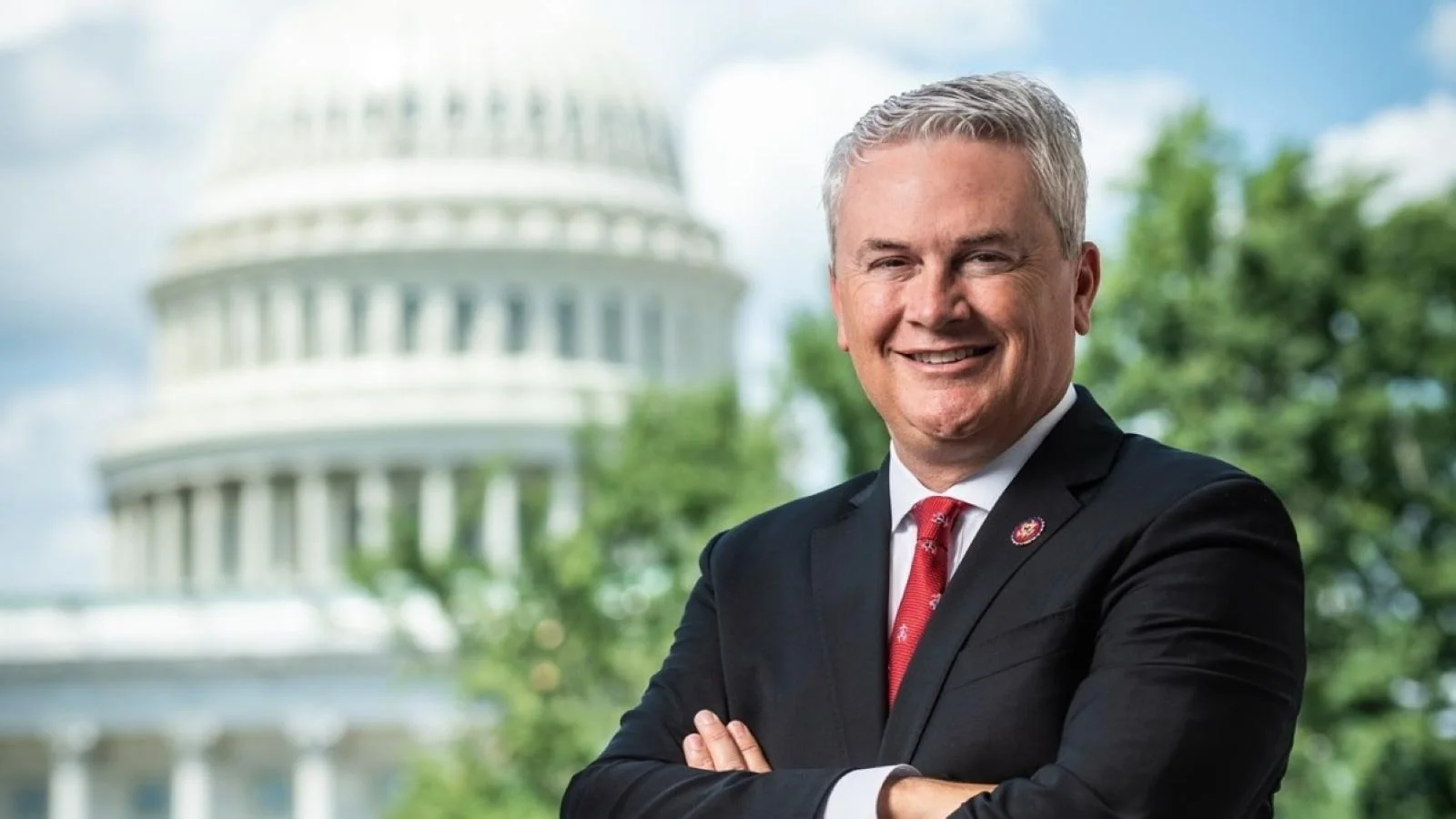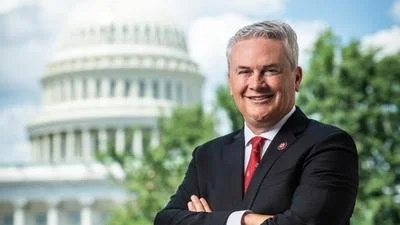House Oversight Committee Chairman James Comer has requested a staff-level briefing from the U.S. Patent and Trademark Office (USPTO) regarding reforms aimed at protecting American innovation. The request is part of an ongoing investigation into transparency within the U.S. legal system and oversight by federal agencies that support private sector innovation.
In a letter addressed to USPTO Director John Squires, Comer highlighted the agency’s role in supporting business growth and job creation through safeguarding innovation. He stated, “USPTO plays a vital role in ensuring American innovation is protected and enabling businesses to grow and create new jobs. The Committee understands USPTO has initiated plans, including necessary departures from the policy of the previous Administration, to propose regulatory changes to timely and fair adjudication of patent validity challenges.” Comer also noted concerns about cases before the Patent Trial and Appeal Board (PTAB), writing, “The Committee has received evidence that in some cases before the Patent Trial and Appeal Board (PTAB), USPTO is not aware of the actual organizations or individuals funding or directing the petitions.”
During its investigation in the 118th Congress, the House Oversight Committee found instances where activists and foreign governments used gaps in disclosure requirements to fund litigation that could pose risks to national and economic security. In response, the committee sent a letter to Chief Justice John Roberts urging for rules that would require disclosures of third-party litigation funding.
Comer referenced recent actions by USPTO on October 17, 2025: “On October 17, 2025, USPTO proposed significant changes to the inter partes review (IPR) before the PTAB. Additionally, on October 17, 2025, USPTO released an open letter and accompanying memo which noted that one of the major reasons for recent changes to adjudicative review mechanisms is a ‘perception of self-incentivization’ inviting, even if for unfounded reasons, outside concern. I applaud your efforts, and changes happening across the Trump Administration to strengthen American leadership in innovation from life-saving medicines to artificial intelligence. Confidence in USPTO and our country’s system for rewarding innovation is vital for the patent community, businesses, and our future economy,” concluded Comer.
The full text of Comer's letter can be read on the House Oversight Committee's website.









